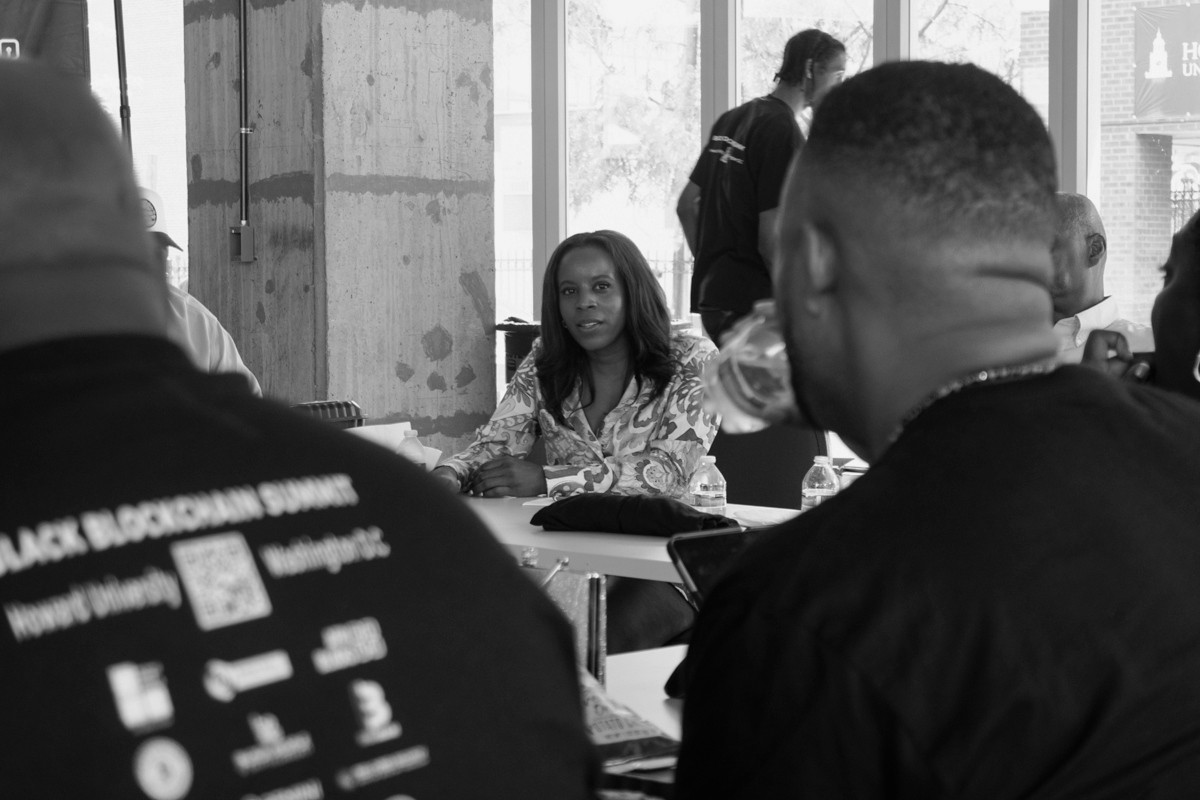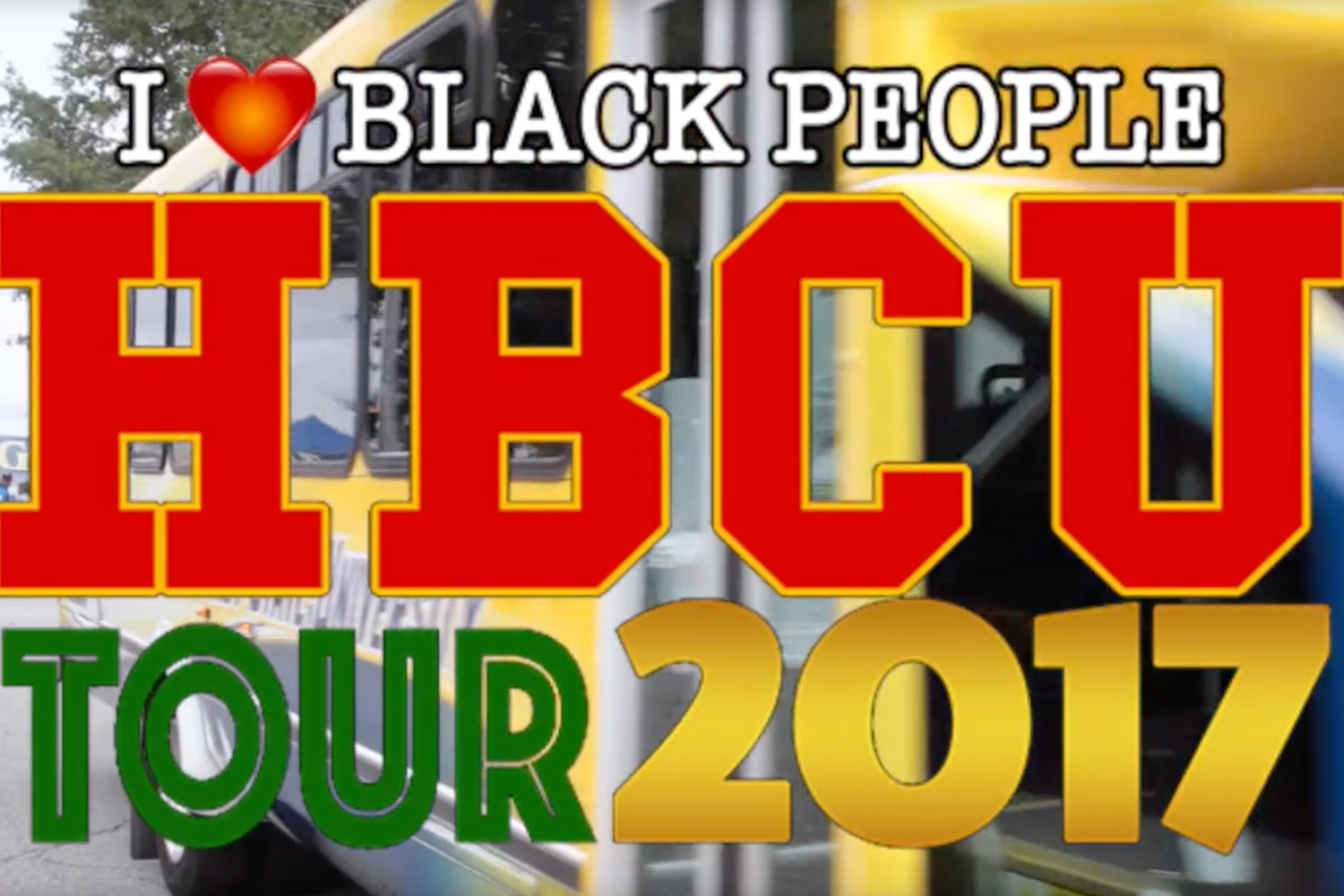This session highlights Baltimore City’s innovative project to record all property records—about 238,000—on the blockchain, making it the first municipality in the U.S. to do so. Ebony Thompson, Baltimore’s city solicitor, explains how this initiative addresses longstanding issues with vacant properties, which have plagued the city due to legal backlogs, redlining, and disinvestment, especially in Black neighborhoods. By creating a specialized docket and leveraging blockchain technology, they’ve dramatically reduced foreclosure times from years to months and improved transparency and efficiency in property transfers.
Ali L. Husseini, CEO of Medici Land Governance, discusses their global experience in land titling and how they adapted their solutions to Baltimore’s needs. The blockchain ledger offers immutable, tamper-proof, and transparent records, enabling faster title searches and reducing costs significantly. This foundation also enables future innovations such as tokenization and fractional ownership, which can help historically marginalized communities build wealth through real estate.
The session further explores policy support from Maryland’s government and the potential for statewide and national adoption. Questions from the audience address privacy concerns, legal validation, and career opportunities in blockchain and AI technologies related to real estate. Overall, the session emphasizes the transformative potential of blockchain in democratizing property ownership, combating fraud, and revitalizing communities through technology-driven solutions.







